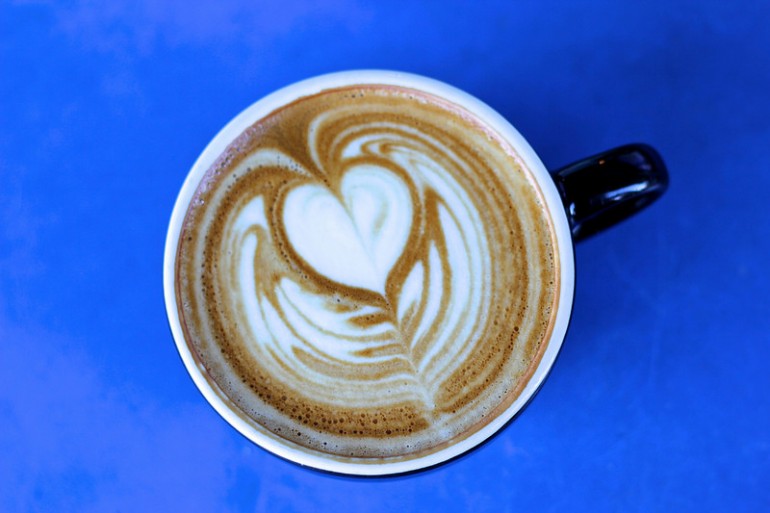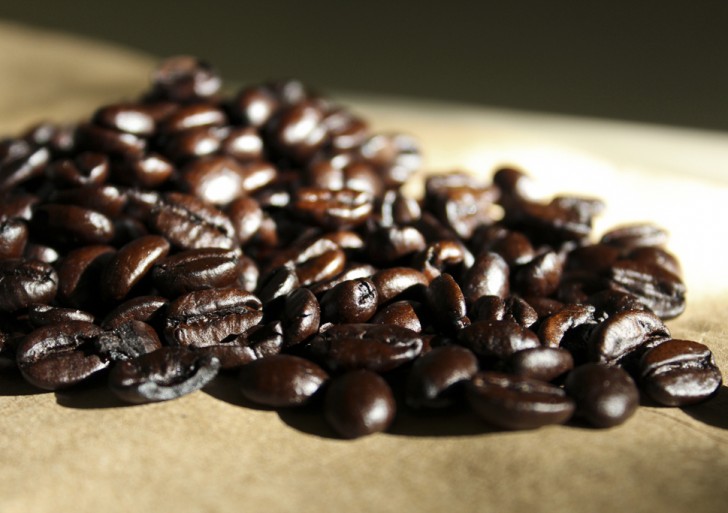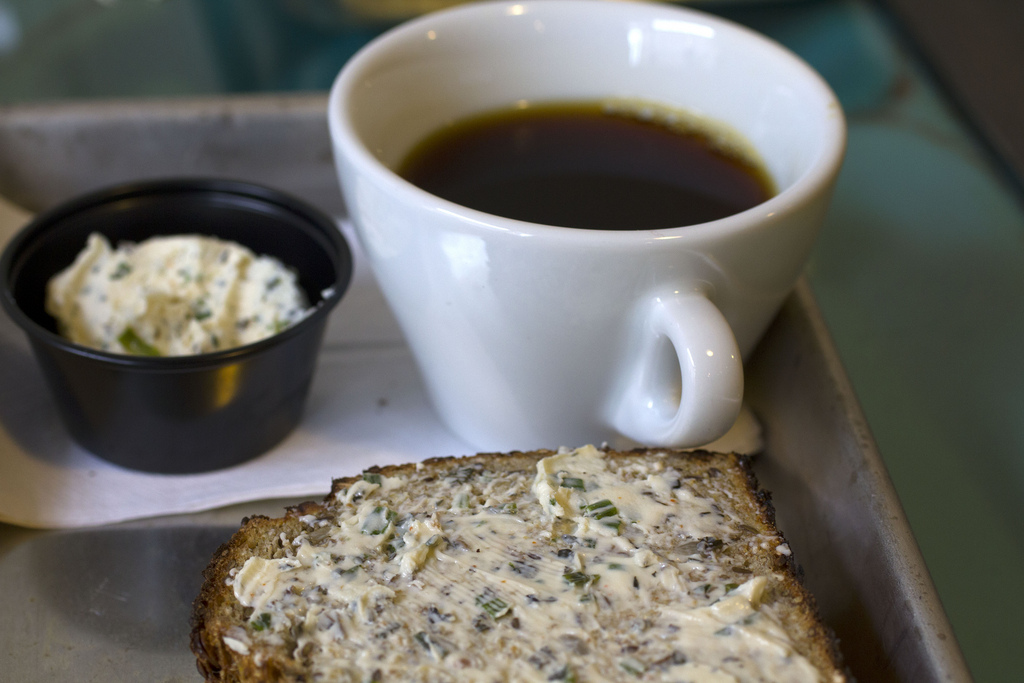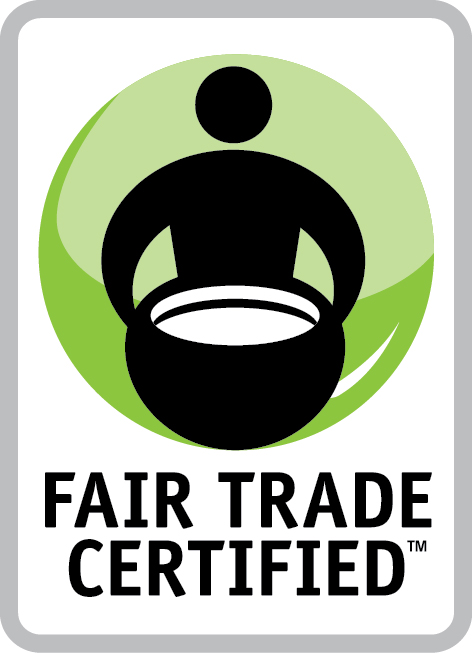1. It inspired patriotism.

Photo by Amy Yu
In Colonial America, coffee drinking became a symbol of loyalty to the revolutionary cause as a form of resistance to the increased taxes on British tea—ending with the dumping of the prim British drink into the Boston Harbor. You can rep the red, white and blue the next time you get your morning fix.
2. It drove colonial expansion.

Photo by Abby Reisinger
As popularity for the brew grew, colonial powers sought for ways to increase its production and started establishing plantations in Africa, Southeast Asia, and the Caribbean. Trade networks were created and cultural interactions were facilitated by coffee cultivation, but not without repercussions for the native populations taken on as slaves.
3. Cafés became hubs for revolutionaries to exchange ideas.

Photo by Hannah Lin
Coffeehouses that developed in Austria, Britain and France after its introduction into Europe served as meeting places for intellectuals, artists, and radicals alike. Word is that the seeds for a plot to assassinate Charles II in 17th century Britain were sown in a coffeehouse over cups of joe.
4. It fueled the Industrial Revolution.

Photo by Libby Perold
Coffee’s—as well as tea’s—stimulating effects (which we’re all familiar with, I’m sure) provided endurance for under-paid wageworkers who had little time or money to eat full meals during their factory shifts. The hot drink gave the impression of warmth and comfort, and the famed ‘coffee break’ was born.
5. Today, it can serve as a platform to eliminate exploitation and promote an equitable global trade market.

Photo courtesy of Entrepreneur
Coffee is one of the main products of the Fair Trade certification system, a worldwide organization that empowers producers and workers through more direct and honest trade. Profits from Fair Trade coffee go towards the suppliers while middlemen are cut out, providing higher wages for farmers. Get more deets here.
Talk about impact…If you want to pay homage to the influential bean, know that there are four components that make a quality cup of coffee: it has to have a captivating aroma, a rich and full body, a slightly acidic bite, and a poignant flavor. All that you need to pull an (informed) all-nighter.

